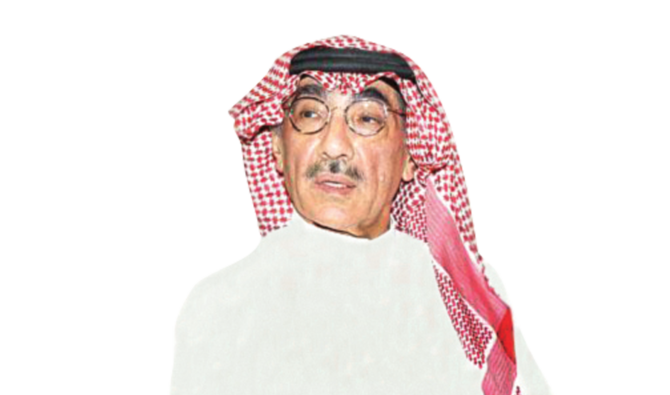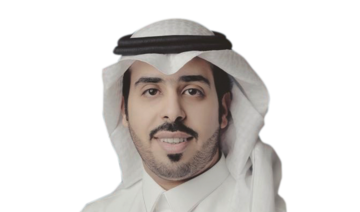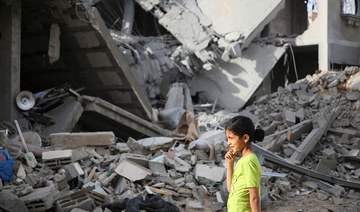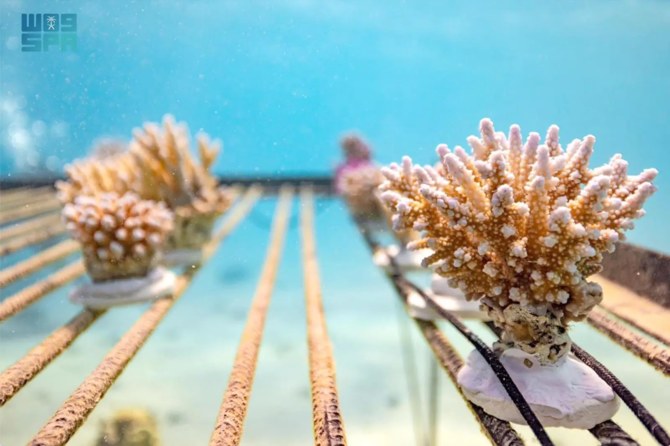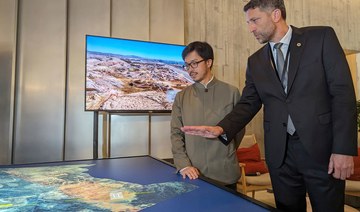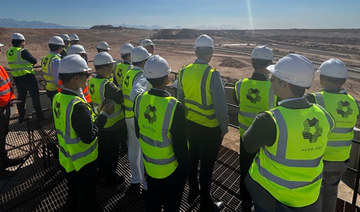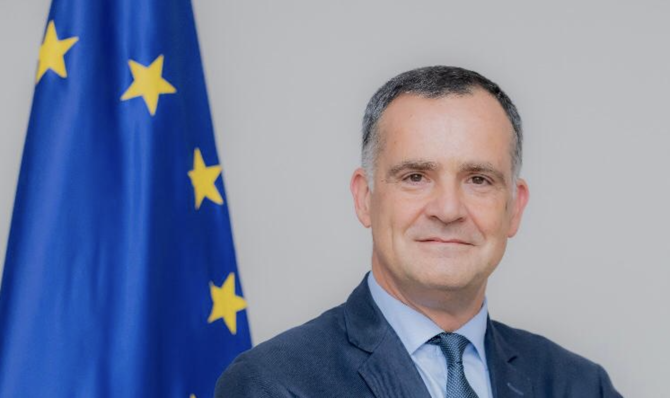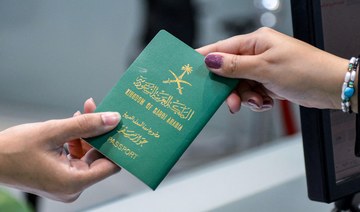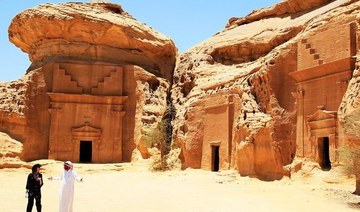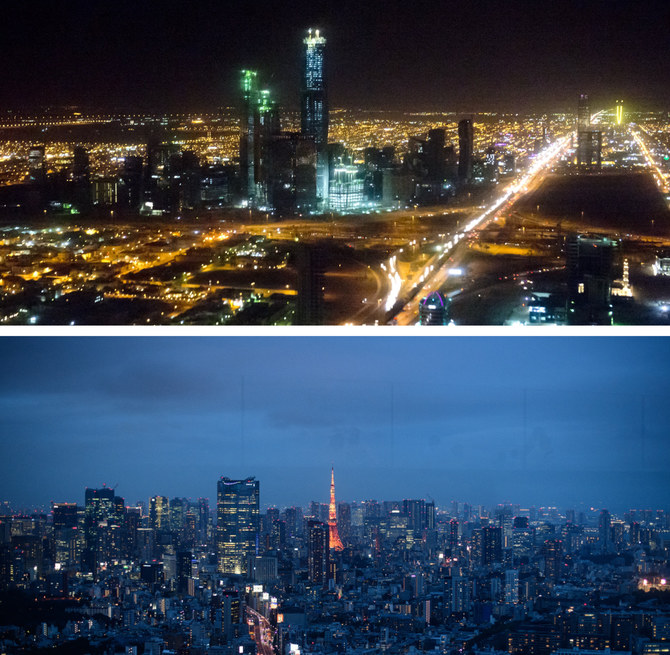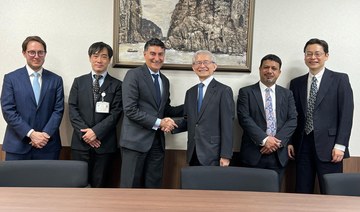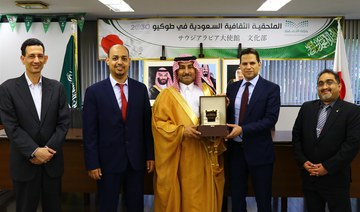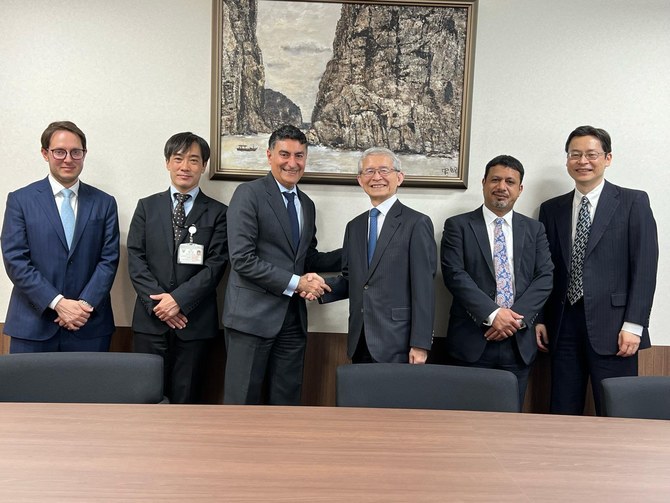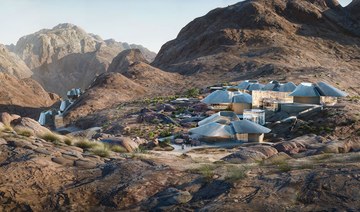Dr. Yahya bin Junaid is president of the Center for Research and Intercommunication Knowledge in Riyadh.
He is also a writer and scholar, and former head librarian of King Fahd National Library in the Saudi capital.
Recently, three books on Saudi classical literature, which were translated into the Chinese language, were launched at a ceremony organized by the Beijing Teachers Qualification Publishing House.
The event was held in cooperation with the Center for Research and Intercommunication Knowledge, and the Department of Arabic Language at Beijing University for Foreign Studies.
It was attended by Bin Junaid, Saudi Ambassador to China Turki Al-Madi and Chinese officials.
Bin Junaid was a professor of library science at Imam Muhammad ibn Saud Islamic University, and was editor-in-chief of several publications.
He was a member of the Shoura Council between 1997 and 2000, the board of trustees of King Fahd National Library, and the advisory board of Al-Dera’iyah magazine.
Bin Junaid was born in Makkah in 1947. He graduated from the Department of Arabic Language and Literature at King Saud University in 1969.
He has a master’s degree in libraries and information from the University of Missouri in the US, and a doctorate in libraries and documents from the University of Cairo.
Bin Junaid has authored more than 60 works on the history of libraries, Islamic civilization and cultural endowments. He won the King Faisal International Prize in 1998 in the Islamic studies category.



